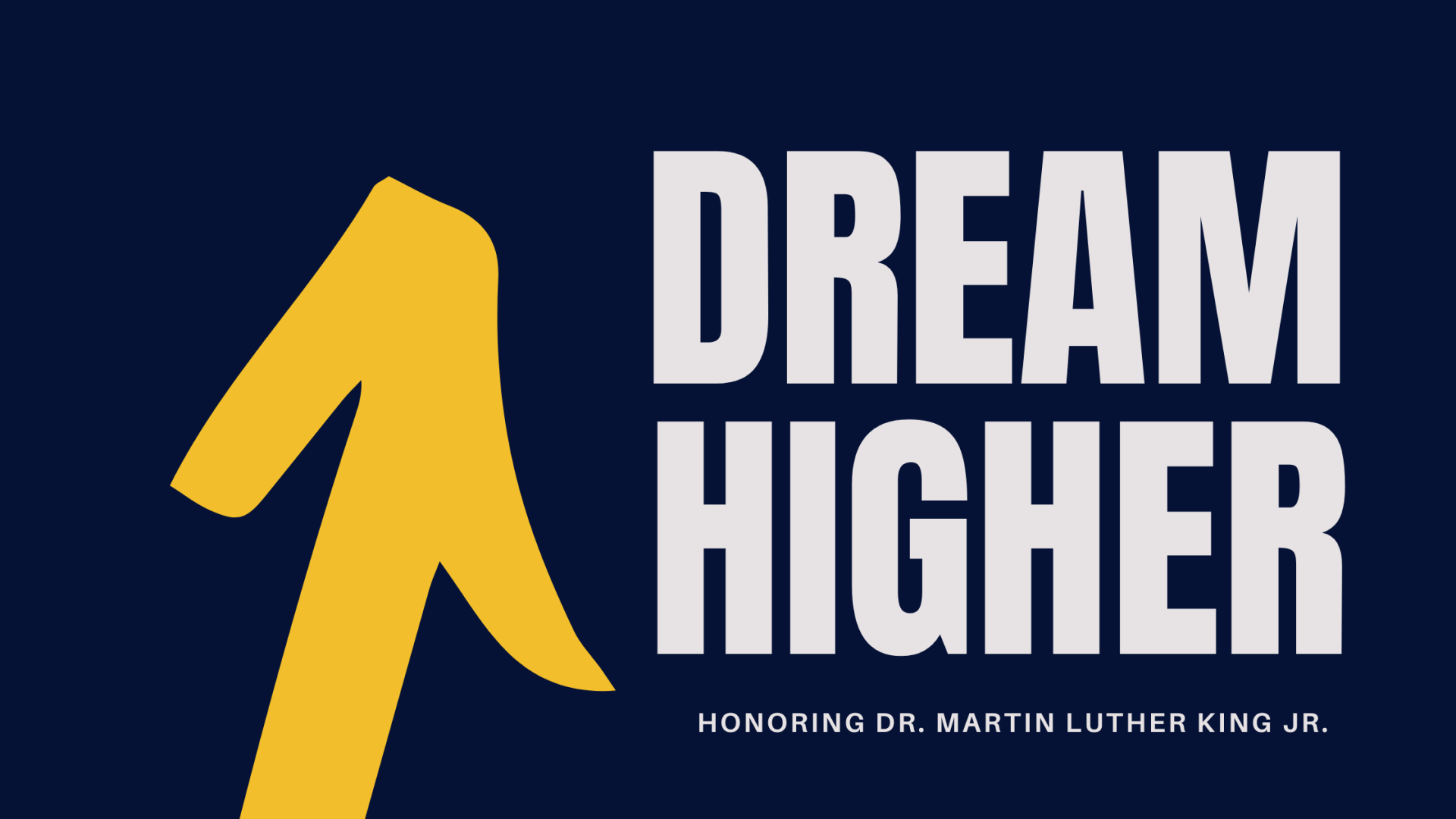Dream Higher: Reflecting on Martin Luther King Jr
A Not-So-Typical MLK Message from a DE&I Consultant

Undoubtedly, there will be countless inspirational messages about Dr. Martin Luther King Jr. today. Truthfully, I do not usually write about Dr. King. There are far more eloquent and knowledgeable scholars who give his legacy the honor and credit it is due.
But this year is different. I have more reasons than I care to have that compel me to join this conversation. Regrettably, I am approaching this important national holiday with a level of somberness I wish I did not have.
In 2021, we cannot commemorate the MLK holiday with a 'business as usual' approach. While posting an inspiring Dr. King quote and replaying his famous, "I Have a Dream" speech are nice gestures, in this moment, our country needs more.
Too seldom do we focus on the impetus behind Dr. King's many contributions. His first vocation was his calling and service as a Pastor. His role as a civil rights leader was a byproduct of his life experiences, family influences, and mentorship by Morehouse College President Benjamin E. Mays. Ultimately, Dr. King answered a higher call - one that we also have an opportunity to respond to. He sacrificed and endured abuse to execute a God-given vision that would forever shape this country.
In this moment, we need to remember the very fabric of the man we celebrate and the Source of his inspiration and fortitude. The same God Dr. King served is the One we should draw from to heal the brokenness of our society. According to the Pew Research Center, 80% of Americans believe in God – with more than half believing in the Biblical definition of God. Yes, it will take more than a mere acknowledgment of God’s existence to address systemic racism, the resurgence of overt white supremacy, chronic social injustice towards Blacks and Latinos, and the string of health, education, and economic disparities people of color routinely face.
We need supernatural help, and we need to put in the work.
For the last several days, I have not been able to speak publicly about the insurrection at the U.S. Capitol earlier this month - and it's not because I didn't have lots of things to say. I have mostly remained silent on this topic because I was angry and tired of waiting for people to "get it."
So instead, I wrote the post and then deleted it. I wrote the comment but did not hit the reply button. I called friends and discussed with my family the attack on American democracy. These conversations helped, but they also gave me time to examine what was really disturbing me.
Here's what I realized.
My most profound disappointment is not the horrendous behavior by a mob of domestic terrorists. Despite the ugliness of their actions, it came as no surprise. My frustration comes from the disconnect between a country and a faith community that say they believe in God but tolerate corruption and undertones of racism to protect status quo.
If we truly want to unify and heal, we have to love God and love people. This is no easy feat because the love I'm referring to is not a field of blooming-daisies type of love. The love we need has to start with the truth (correction: Truth), accountability, and justice.
While no one (self-included) will ever be perfect in living our values every day, I hope that each of us will use this MLK holiday to reflect and examine the motives and fears that drive our words and decisions. I accept the challenge, and I hope you will too.
Dr. King certainly did.
Kelley Johnson—catalyst, builder, and guide “known for building the plane while flying it”— leads KEIRUS and hosts the faith-based podcast, In The Flow.
Our Blog: Transforming with Care




